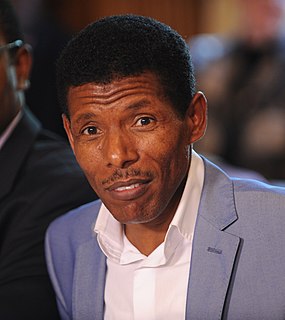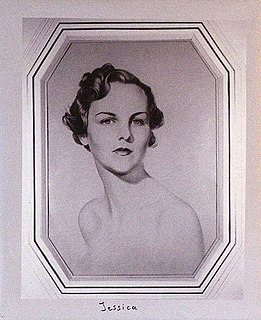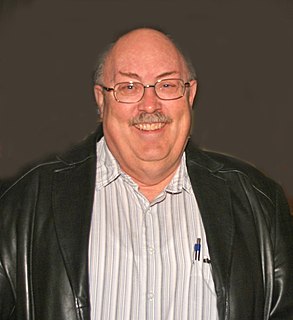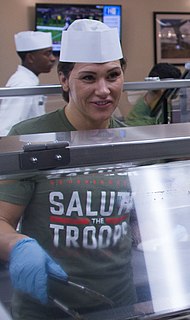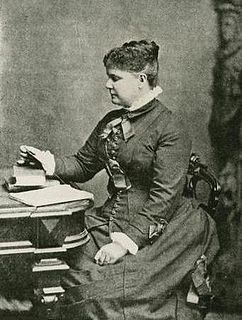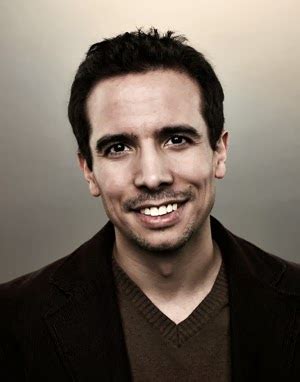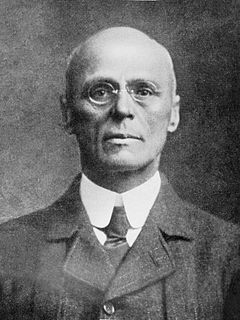A Quote by Vladimir Putin
Indeed, that is exactly what they [the Arctic convoys] were. We know that the conditions in which they fought were appalling. Time and again they faced death in the name of a common victory and we remember that.
Related Quotes
Confusion conditions activity, which conditions consciousness, which conditions embodied personality, which conditions sensory experiences, which conditions impact, which conditions mood, which conditions craving, which conditions clinging, which conditions becoming, which conditions birth, which conditions aging and death.
People don't even recognize who the Founding Fathers of the United States were. They were exceptional human beings - when you signed the Declaration of Independence, that was a death warrant they signed their name to. You have to have courage to put your name on a death warrant against the most powerful nation in the world at that time. And yet, we didn't honor who they really were. They were deists. They lived an enlightened belief system.
Horses in the Book of Mormon would be another. You have relatively few mentions of horses, but there are some, and we don't know exactly how they were used; they don't seem to be all that common. Were they horses as we understood them, [or] does the term describe some other animal? Languages don't always and cultures don't always classify things the way we would expect. We have what we call common-sense ways of doing it. They're not common sense; they're just ours. But again, we don't have a strong case there. We're just problem solving there.
The information that was contained in a cathedral was based upon a common culture - a common Christian culture - and the elements were chosen for a common symbolic meaning. Someone who knew everything that was represented in a cathedral had a sort of encyclopedia - you can indeed call it that - but it was a selective encyclopedia, like encyclopedias back when they were books and the people writing them were supposed to be specialists in their field. I think today the problem is that people don't know how to choose between different kinds of information.
Let people who have to observe sickness and death look back and try to register in their observation the appearances which have preceded relapse, attack or death, and not assert that there were none, or that there were not the right ones. A want of the habit of observing conditions and an inveterate habit of taking averages are each of them often equally misleading.
When you make a record, you probably are not going to hit exactly what you were aiming for. You also have to let go at a certain point, and just trust it. I remember feeling we had fallen short, or that it had fallen short. At the same time it was great to see a good critical reaction to it, and to hear people were enjoying it, which made me think, "Well, maybe it's a good thing I didn't get exactly what I wanted." Now we're testing that theory.
Me and my wife had somehow finally reached a moment in which our lives made sense, in which we were comfortable in certain material ways, and in that very moment we were faced with a medical situation that could only really be resolved with death or time. Suddenly we had become these people who didn't drink anything but kale, who ended many of our conversations with tears, and for whom no future was guaranteed. It was kind of funny.




